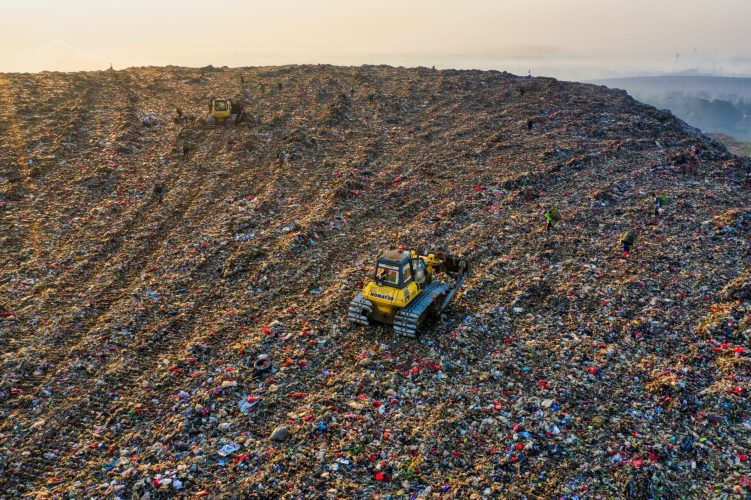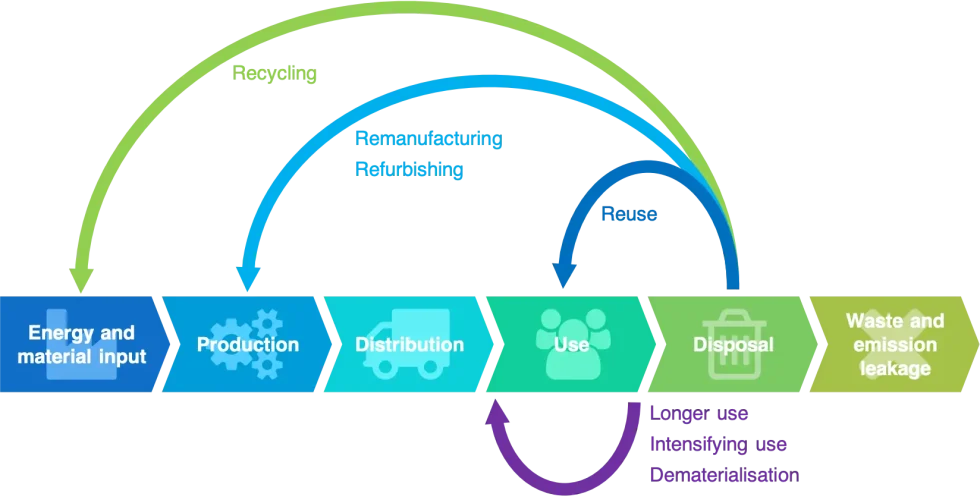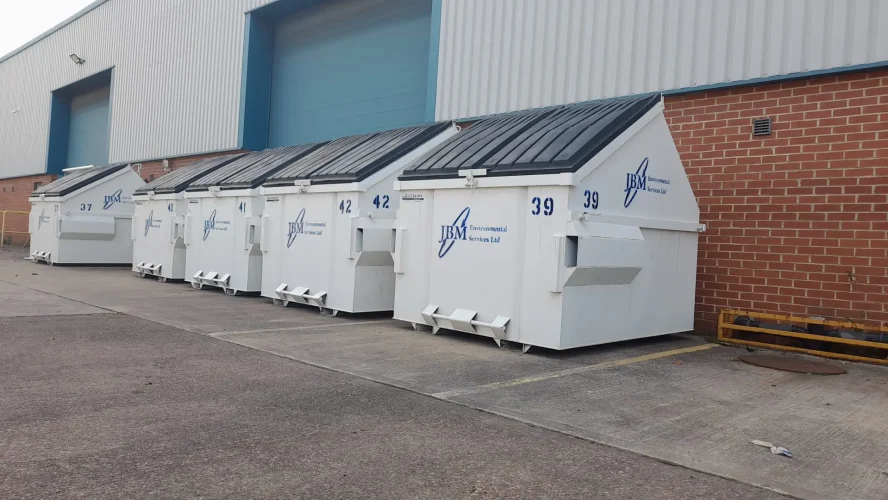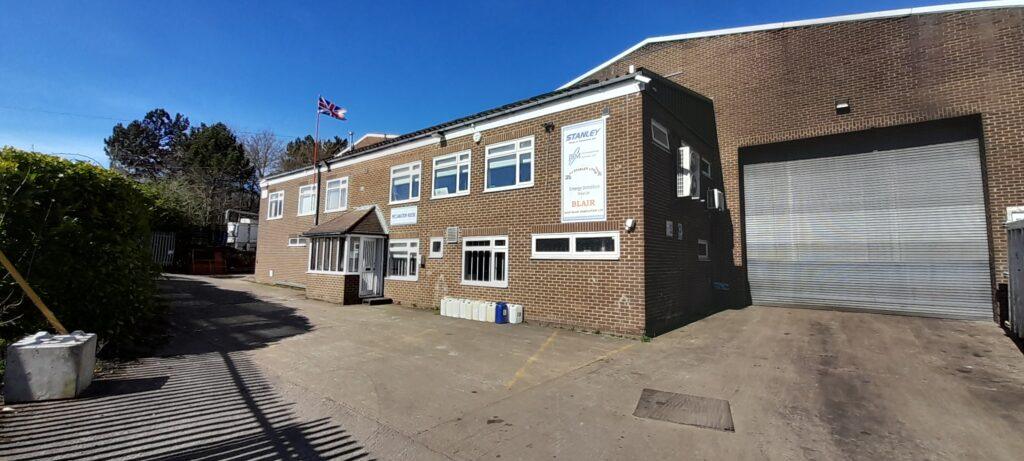In an era of increasing environmental scrutiny and sustainability demands, UK businesses must navigate a complex network of regulations governing waste management. This comprehensive guide explores the key UK laws affecting waste management, details the practical steps companies can take to achieve compliance, and highlights the broader benefits of adopting a sustainable waste strategy. By understanding and integrating these regulations into everyday operations, businesses not only avoid costly penalties but also contribute to a greener future.
Understanding Environmental Regulations in the UK
UK environmental laws are crafted to protect natural resources, human health, and the overall ecosystem. These regulations ensure that waste management practices do not harm the environment, while also promoting innovation in recycling and resource recovery. For businesses, compliance is not merely about avoiding fines—it’s a strategic move that enhances reputation, operational efficiency, and sustainability. Key areas of focus include:
- Proper Disposal: Ensuring that waste is treated and disposed of at certified facilities.
- Hazardous and Special Waste: Managing dangerous substances under strict safety protocols.
- Recycling and Recovery: Encouraging waste diversion from landfills through innovative recycling and waste-to-energy solutions.
- Resource Efficiency: Aligning with the principles of the circular economy to reuse resources wherever possible.

Key UK Legislation Impacting Waste Management
UK waste management is governed by several pivotal pieces of legislation, each designed to address different aspects of waste handling and environmental protection.
Environmental Protection Act 1990
The cornerstone of UK environmental law, this act lays out the responsibilities of businesses in preventing environmental harm. It introduces the “polluter pays” principle, making it clear that those who generate waste are financially accountable for its management and any resulting damage.
Read more about the Environmental Protection Act 1990
Waste (England and Wales) Regulations 2011
These regulations provide a detailed framework for managing waste from its generation to final disposal. They cover aspects such as the collection, transport, and processing of waste, ensuring that businesses adhere to performance standards that protect the environment.
Explore the Waste (England and Wales) Regulations 2011
Hazardous Waste Regulations
Businesses dealing with hazardous materials must follow strict protocols outlined in these regulations. They specify how hazardous waste should be stored, transported, and disposed of to minimise risks to public health and the environment.
Learn about Hazardous Waste Regulations
Landfill Tax Regulations
To discourage the use of landfills, these regulations impose a tax on waste disposed of in landfill sites. This creates a financial incentive for businesses to reduce waste, recycle more, and explore alternative waste-to-energy options.
Find out more about Landfill Tax
Additional Regulations to Consider
- Waste Electrical and Electronic Equipment (WEEE) Regulations: These set guidelines for recycling and disposing of electronic waste, a growing concern given the rapid pace of technological change.
- Packaging Waste Regulations: Businesses involved in manufacturing and packaging must ensure that they minimise packaging waste and promote recycling.

Steps for Businesses to Ensure Compliance
Implementing an effective waste management strategy requires a structured approach. Here are key steps for businesses to follow:
Conduct a Comprehensive Waste Audit
Start by analysing all waste streams generated by your operations. This audit should:
- Identify the types and volumes of waste produced.
- Evaluate current disposal and recycling practices.
- Highlight opportunities for waste reduction and reuse.
- Provide a baseline for tracking improvements over time.
Develop a Robust Waste Management Plan
Based on your audit, create a detailed strategy that covers:
- Waste Segregation: Clear guidelines for separating recyclable, hazardous, and general waste.
- Storage Solutions: Safe and compliant storage facilities for different waste types.
- Collection and Disposal: Partnerships with authorised waste management providers and a schedule for regular collection.
- Staff Training: Ongoing training programmes to keep employees informed about regulations and best practices.
Engage with Expert Partners
Regulatory standards evolve, and so should your waste management strategy. Regular reviews ensure:
- Continuous compliance with the latest laws.
- Identification of new opportunities to reduce waste.
- Adoption of innovative technologies and processes that enhance efficiency.

Best Practices for Effective Waste Management
Adopting best practices can help businesses not only comply with regulations but also reap significant operational and environmental benefits.
Embrace the Circular Economy
Moving from a linear “take-make-dispose” model to a circular approach means:
- Designing products for longer life and easier recycling.
- Reusing materials wherever possible.
- Reducing dependency on virgin resources.
Invest in Technology
Modern waste management is increasingly digital. Implementing:
- Smart Sensors: For real-time monitoring of waste levels.
- Data Analytics: To optimise collection routes and schedules.
- Automation: In recycling processes to improve efficiency and reduce human error.
Educate and Train Staff
Ensure that all employees:
- Understand the importance of proper waste handling.
- Are aware of the latest environmental regulations.
- Receive regular training on new procedures and technologies.
Monitor and Report Compliance
Develop a system for:
- Regular internal audits.
- Transparent reporting of waste management practices.
- Continuous improvement based on performance metrics and audit outcomes.

The Financial and Environmental Benefits of Compliance
While the primary goal of waste management regulations is environmental protection, there are significant financial incentives for businesses that achieve compliance:
Cost Savings
- Reduced Landfill Tax: Lowering waste sent to landfills can substantially reduce tax liabilities.
- Operational Efficiency: Streamlined waste management processes save time and money.
- Resource Recovery: Recycling and waste-to-energy initiatives can generate additional revenue streams.
Enhanced Reputation and Market Position
- Brand Trust: Consumers increasingly favour businesses that demonstrate environmental responsibility.
- Competitive Advantage: Compliance with stringent environmental regulations can set you apart from competitors.
- Investor Appeal: Sustainable practices attract socially responsible investors.
How to Engage Expert Partners
Working with established waste management experts can ease the compliance burden. Consider the following tips when selecting a partner:
- Reputation and Experience: Look for companies with a proven track record in managing diverse waste streams.
- Certifications: Ensure that the partner holds the necessary certifications and approvals from UK regulatory bodies.
- Innovative Solutions: Choose a partner that offers modern, technology-driven solutions tailored to your business needs.
- Case Studies and References: Request case studies or client references to understand how the partner has helped other businesses achieve compliance.
For example, JBM Environmental Services has successfully assisted numerous UK businesses in navigating the complexities of hazardous waste management and circular economy practices.

Recommended Resources and Further Reading
- UK Government – Waste and Recycling
https://www.gov.uk/topic/environmental-management/waste
A comprehensive portal for up-to-date information on UK waste management regulations. - Environment Agency
https://www.gov.uk/government/organisations/environment-agency
The primary body responsible for enforcing environmental regulations and promoting sustainable practices. - JBM Environmental Services Blog
Explore our previous posts on sustainable waste management, recycling innovations, and regulatory updates to further enhance your environmental strategy. - Waste Electrical and Electronic Equipment (WEEE) Regulations
https://www.gov.uk/guidance/e-waste-recycling
Understand the specific requirements for managing electronic waste responsibly.
Conclusion
Navigating the maze of UK environmental regulations is an ongoing challenge, but one that offers significant rewards for businesses committed to sustainable waste management. By thoroughly understanding legislation such as the Environmental Protection Act 1990, Waste (England and Wales) Regulations 2011, Hazardous Waste Regulations, and Landfill Tax Regulations, companies can develop robust waste management strategies that promote both compliance and innovation.
A proactive approach anchored in regular audits, employee training, and expert partnerships not only safeguards your business from legal and financial risks but also positions you as a leader in environmental stewardship. Embrace the circular economy, invest in modern technologies, and continuously refine your practices to build a greener, more profitable future.
For expert advice and tailored solutions, contact JBM Environmental Services and let us help you transform your waste management practices into a competitive advantage.
Tel:0333 335 5349 Email: [email protected]
Share This Post!
Share this blog post on your social media channels and join us in our mission to protect the environment from waste.